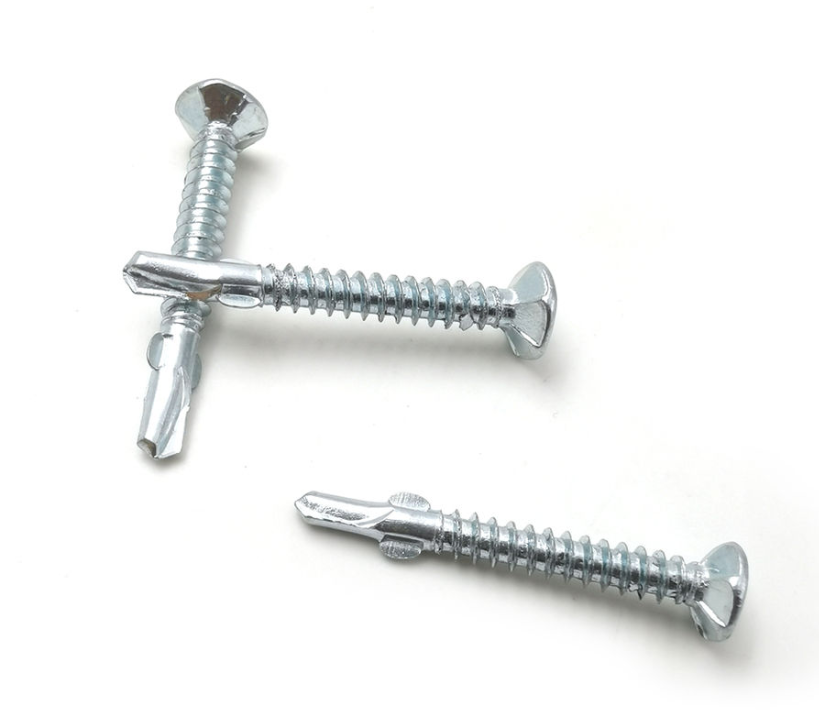high quality proper drywall screw length
The Importance of Choosing High-Quality Drywall Screws Understanding Proper Length
When it comes to hanging drywall, the quality of your materials can significantly influence the durability and finish of your project. Among these materials, screws may seem like a minor detail, but selecting high-quality drywall screws of the appropriate length can make a substantial difference in the overall outcome. This article explores the importance of high-quality drywall screws and how to determine the right length for your specific needs.
The Role of Drywall Screws
Drywall screws play a crucial role in securing drywall sheets to framing members. Unlike nails, which can easily loosen over time, screws provide a firmer grip, ensuring that your drywall remains securely attached. This results in a smooth finish and enhanced durability, minimizing the risk of cracks and other issues over time.
High-quality drywall screws are typically made from hardened steel, making them resistant to bending and stripping. They come with a variety of coatings, including zinc plating or black phosphate, which enhance corrosion resistance. This is especially important in areas with high humidity, where inferior screws may rust and weaken over time.
Choosing the Right Length
Selecting the right length of drywall screw is essential to achieving a solid installation. The most common lengths for drywall screws are 1, 1.25, 1.5, and 2. The ideal length depends on the thickness of the drywall and the type of framing you are attaching it to.
1. Thickness of Drywall Standard drywall sheets come in 1/2 and 5/8 thicknesses for interior walls and ceilings. For 1/2 drywall, 1.25 screws are typically recommended because they penetrate well into the wood studs without protruding too far. For 5/8 drywall, 1.5 screws offer a better grip.
2. Type of Framing If you are attaching drywall to metal studs, you might need self-tapping screws that are designed for metal framing. Generally, 1.25 screws work well for most standard applications, while thicker materials or double layers of drywall may require longer screws.
high quality proper drywall screw length

3. Specific Applications Occasionally, you may require specialized screws. For example, if you're working on ceilings, longer screws can help ensure a more secure attachment. Likewise, in lightweight drywall applications, shorter screws can suffice.
Why Invest in High-Quality Screws?
1. Durability High-quality screws are more resistant to stripping and provide greater holding power. This means fewer repairs and less likelihood of the drywall pulling away over time.
2. Ease of Use Superior screws often feature better threading, which helps them drive in more smoothly and reduces the risk of damaging the drywall surface.
3. Finish Quality High-quality screws leave a cleaner appearance on the surface, allowing for a smoother finish when taping and mudding.
4. Cost-Effectiveness While high-quality screws may come at a slightly higher initial cost, they save money in the long run by reducing the likelihood of needing repairs or replacements.
5. Project Safety When hanging large sheets of drywall, the stability offered by quality screws ensures that there’s a reduced risk of accidental falls or collapses.
Conclusion
In conclusion, choosing high-quality, properly sized drywall screws is fundamental to the success of any drywall installation project. Not only do they enhance the durability and aesthetic finish of your walls, but they also contribute to overall project safety and longevity. Before starting your next drywall project, take the time to invest in quality screws and select the correct length based on your specific drywall and framing needs. This attention to detail will pay off in terms of performance and finish, leading to a more professional-looking result. Whether you're a seasoned contractor or a DIY enthusiast, high-quality drywall screws are a small investment that yields substantial rewards.
-
Top Choices for Plasterboard FixingNewsDec.26,2024
-
The Versatility of Specialty WashersNewsDec.26,2024
-
Secure Your ProjectsNewsDec.26,2024
-
Essential Screws for Chipboard Flooring ProjectsNewsDec.26,2024
-
Choosing the Right Drywall ScrewsNewsDec.26,2024
-
Black Phosphate Screws for Superior PerformanceNewsDec.26,2024
-
The Versatile Choice of Nylon Flat Washers for Your NeedsNewsDec.18,2024










